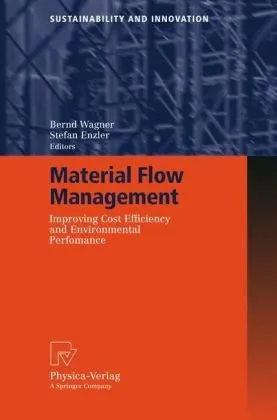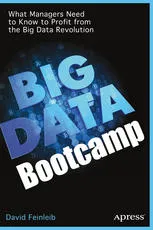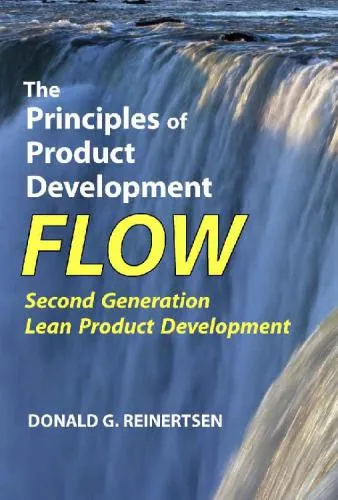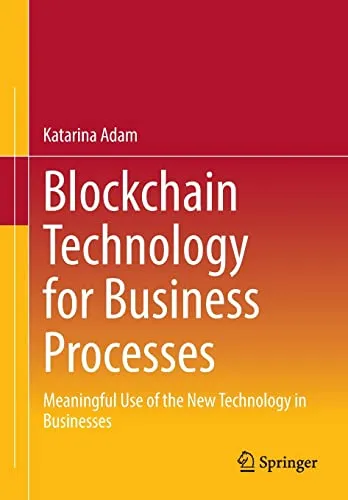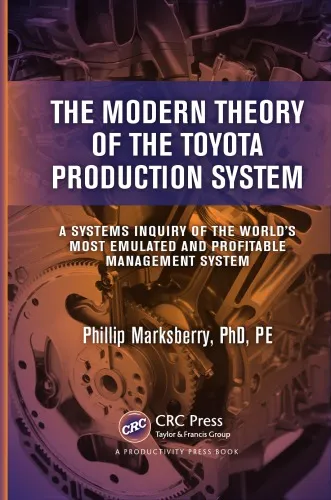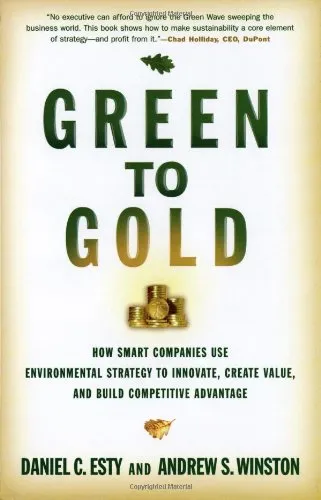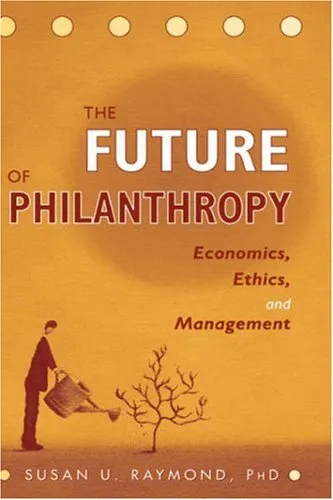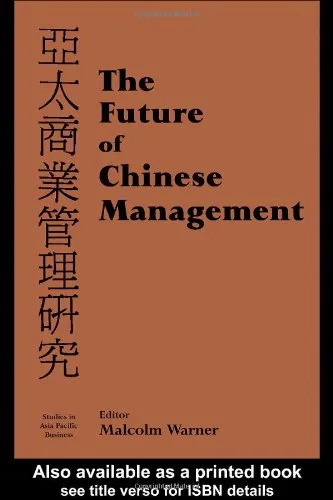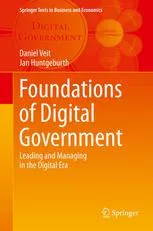Material Flow Management: Improving Cost Efficiency and Environmental Performance (Sustainability and Innovation)
4.0
Reviews from our users

You Can Ask your questions from this book's AI after Login
Each download or ask from book AI costs 2 points. To earn more free points, please visit the Points Guide Page and complete some valuable actions.Related Refrences:
Introduction
Welcome to Material Flow Management: Improving Cost Efficiency and Environmental Performance, a comprehensive guide designed to empower professionals, academics, and policymakers with practical and forward-thinking insights into sustainable material flow management (MFM). Co-authored by Bernd Wagner and Stefan Enzler, this book delves into the strategic frameworks and tools needed to enhance both cost efficiency and environmental sustainability in modern organizations.
Global challenges such as climate change, resource depletion, and escalating operational costs demand solutions that are innovative yet implementable. Material Flow Management serves as a bridge between technical expertise and real-world application, encouraging businesses to adopt smarter, more efficient processes. This book is not only about making operations lean but also about weaving sustainability into the core fabric of decision-making processes.
Tailored with a dual focus on cost optimization and environmental stewardship, this book offers readers a roadmap to meet demanding sustainability goals without compromising financial performance. Whether you are an executive looking for strategic improvements or an environmental specialist seeking practical methods to reduce waste, this book caters to a diverse range of readers with actionable knowledge and tools.
Summary of the Book
Material Flow Management provides a deep dive into the principles, methodologies, and applications of improving resource and material efficiency in organizational systems. The concepts presented are rooted in sustainability science but are tailored to fit business contexts, focusing on reducing waste, increasing resource productivity, and balancing input-output requirements in material flows.
The book is structured around key themes, including material flow analysis, life-cycle thinking, systems thinking, and strategies for circular economy integration. Each chapter builds on fundamental principles, supported by real-world examples and case studies that demonstrate successful implementation of MFM techniques in various industries.
Readers will also uncover tools to measure, monitor, and optimize material flows, helping businesses gain clear visibility into processes that are often fraught with inefficiencies. The methodology combines quantitative analysis with qualitative insight, making the guide highly versatile and applicable across industries such as manufacturing, supply chain management, and waste management.
Key Takeaways
- Understand the principles of material flow analysis and systems thinking.
- Learn how to optimize material flows to reduce waste and costs while improving environmental performance.
- Discover actionable strategies to integrate sustainability into your organization's core activities.
- Explore real-life case studies demonstrating successful implementations of MFM principles.
- Gain insights into emerging trends like the circular economy and life-cycle thinking.
Famous Quotes from the Book
"Efficiency needs to go beyond cost-saving measures; it must align with a vision for sustainability that considers the full spectrum of environmental and social impacts."
"A successful material flow management strategy is not just a tool for profitability but a blueprint for long-term resilience in a resource-constrained world."
Why This Book Matters
In an era of rapid environmental change and heightened business competitiveness, Material Flow Management offers a timely solution to a critical challenge: how to balance economic performance with responsible resource usage. This book matters because it delivers a structured approach to addressing this dual challenge by treating environmental and financial goals as complementary rather than conflicting.
With industries under increasing scrutiny to minimize their ecological footprints, the practices detailed in this book serve as a much-needed guide for organizations seeking to stay ahead of the curve. At a time when sustainability is no longer optional but imperative, thoughtful resource management is the cornerstone of meaningful change.
By reading this book, professionals across a variety of fields can engage in actionable, informed decision-making that benefits not only their bottom line but also our shared planet. It presents a vision that is not merely aspirational but thoroughly practical, backed by evidence, expertise, and tested methodologies.
Free Direct Download
You Can Download this book after Login
Accessing books through legal platforms and public libraries not only supports the rights of authors and publishers but also contributes to the sustainability of reading culture. Before downloading, please take a moment to consider these options.
Find this book on other platforms:
WorldCat helps you find books in libraries worldwide.
See ratings, reviews, and discussions on Goodreads.
Find and buy rare or used books on AbeBooks.
1191
بازدید4.0
امتیاز0
نظر98%
رضایتReviews:
4.0
Based on 0 users review
Questions & Answers
Ask questions about this book or help others by answering
No questions yet. Be the first to ask!
